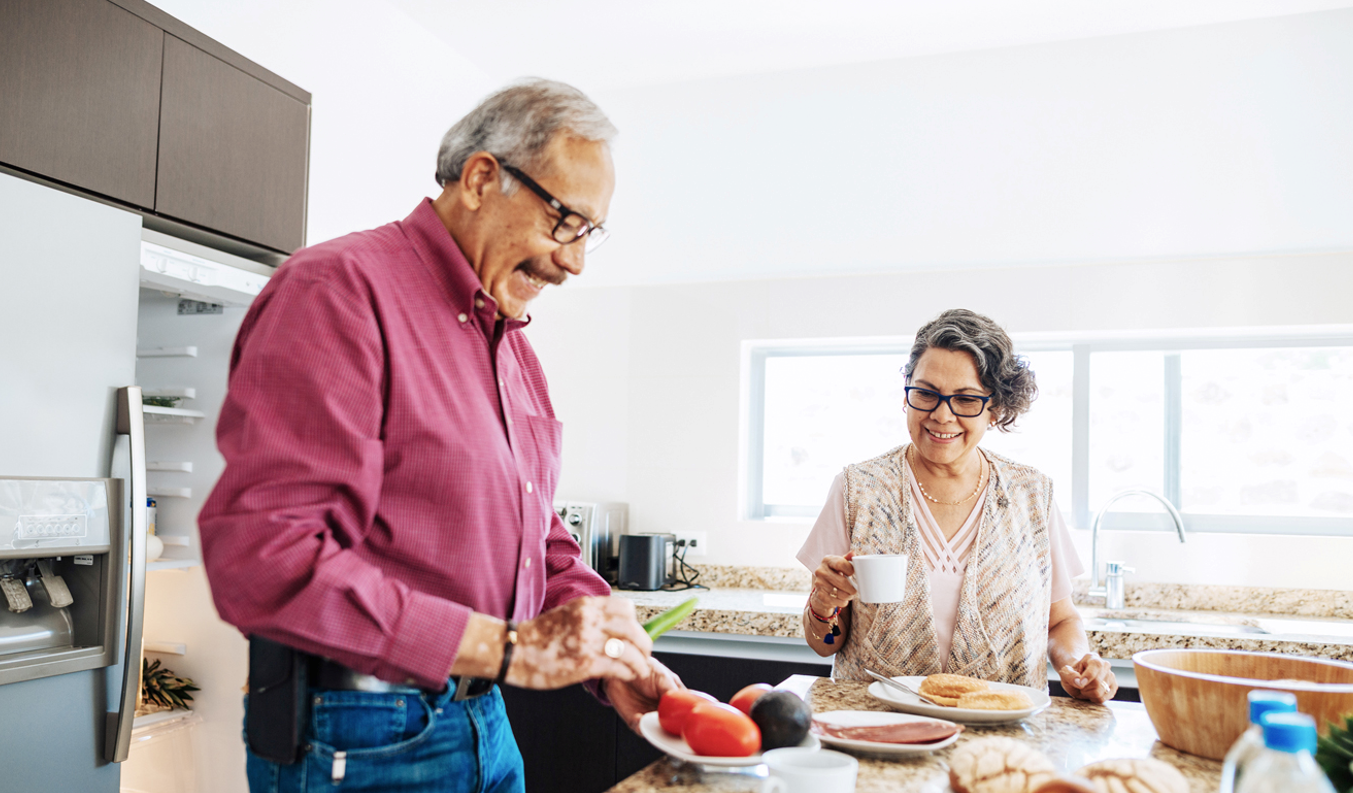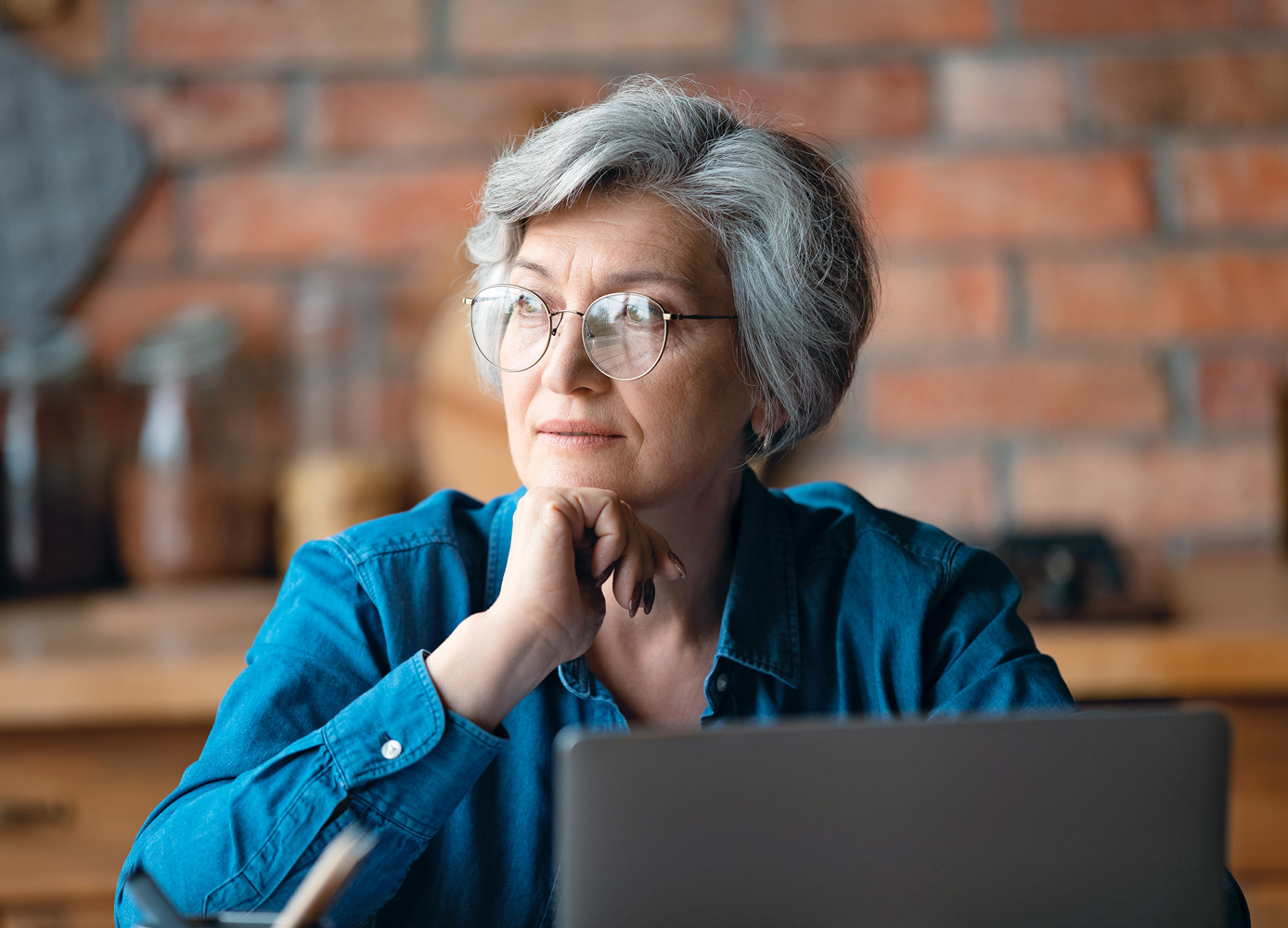Researchers say older adults have more coping skills
A new study by researchers at the University of British Columbia (UBC) finds that adults aged 60 or older experienced less severe stress than did young adults during the early days of the COVID-19 pandemic.
Between mid-March and mid-April, when stay-at-home orders were being imposed, the researchers collected data from 776 adults aged 18 to 91, each of whom was asked to keep a daily diary about their emotional experiences for a week. Participants were from both Canada and the United States.
Those between the ages of 18 and 39 reported the highest levels of stress and emotional hardship, followed by those between the ages of 40 and 59.
“Our findings provide new evidence that older adults are emotionally resilient despite public discourse often portraying their vulnerability,” said Patrick Klaiber, a UNC graduate student in psychology and the lead author of the research, which was published in the Journal of Gerontology: Psychological Sciences.
“We also found that younger adults are at greater risk for loneliness and psychological distress during the pandemic.”
Those with children reported being more stressed, as they were often forced to juggle working at home with child-rearing, while others dealt with unemployment. Those stressors often created additional problems as a result.
“They were also more likely to experience different types of ongoing non-pandemic stressors than older adults, such as interpersonal conflicts,” Klaiber noted.
Participants were also asked to detail positive events in their diaries, including time spent socializing with others, and researchers found that younger participants tended to detail fewer of these kinds of events. On the other hand, older adults and those in middle age reported social interactions in about 75% of their journal entries.
When young people did report positive social interactions, they also reported experiencing more enjoyment as a result.
“This is a good reminder for younger adults to create more opportunities for physically distanced or remote positive experiences as a way of mitigating distress during the pandemic,” Klaiber said.
Photo: iStock/monkeybusinessimages.





